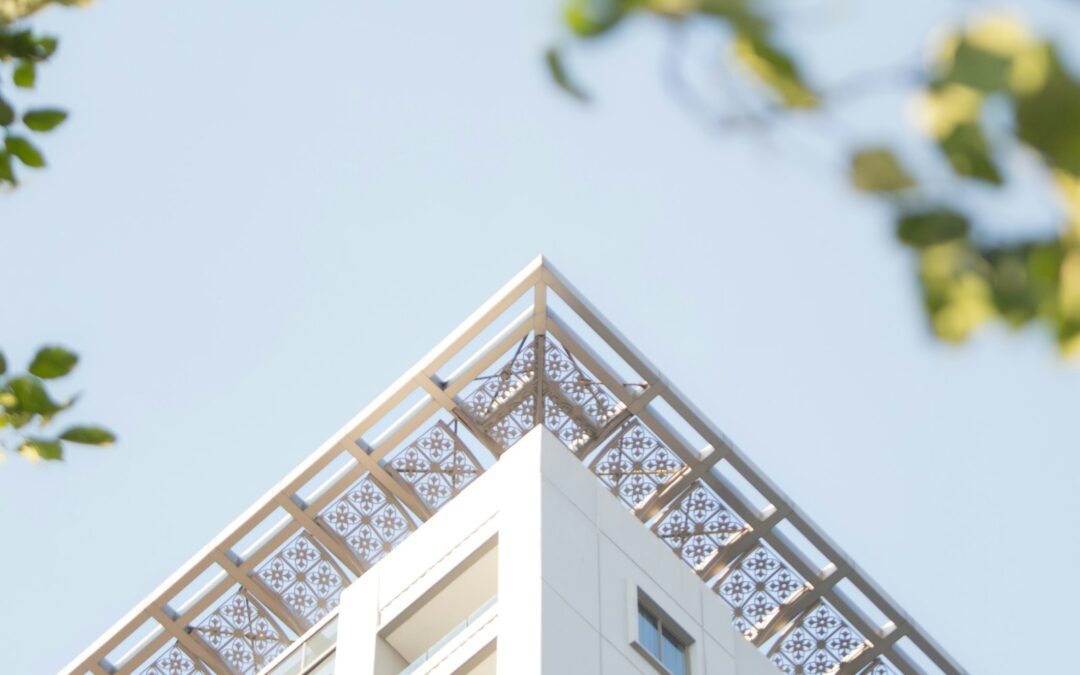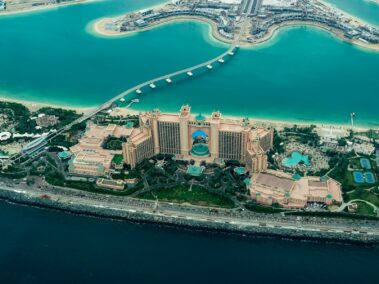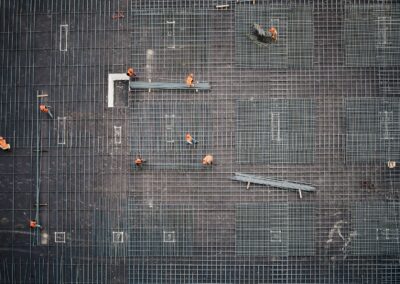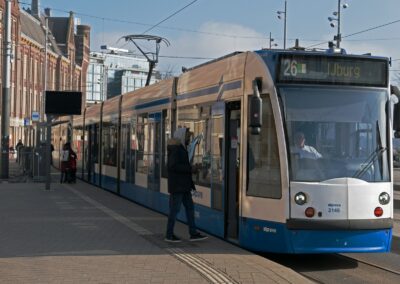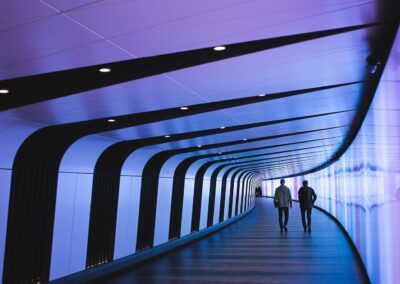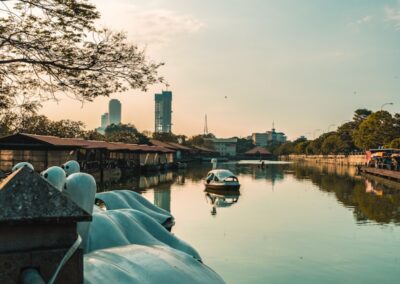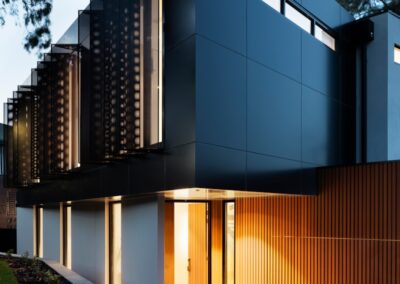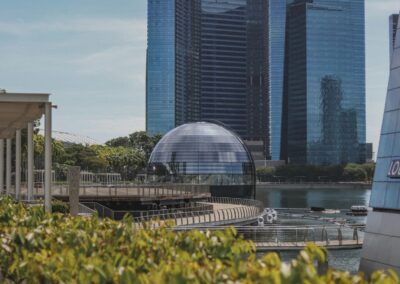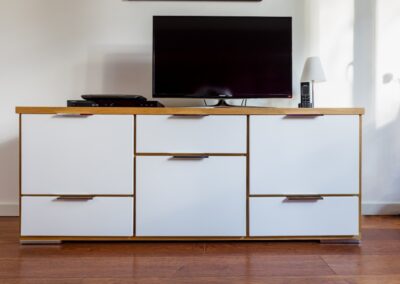Overcoming Barriers to Sustainable Home Construction
Understanding the Challenges of Building Sustainable Homes
The challenges of building sustainable homes are numerous and multifaceted, posing significant obstacles for developers and homeowners alike. In regions like Saudi Arabia and the UAE, where rapid urbanization and economic growth are prevalent, integrating sustainability into the construction of homes is increasingly critical. One of the primary challenges is the higher initial cost associated with sustainable building materials and technologies. These upfront expenses can be a deterrent, especially when traditional building methods are often cheaper and more readily available.
In cities like Riyadh and Dubai, where the real estate market is booming, another challenge is the scarcity of locally sourced sustainable materials. Importing eco-friendly materials can increase costs and lead times, complicating project timelines and budgets. Additionally, there is often a lack of awareness and understanding among stakeholders about the long-term benefits of sustainable construction, which can hinder the adoption of green building practices.
Regulatory and policy challenges also play a significant role. While there are increasing efforts to implement green building standards, the regulatory frameworks in some areas may still be underdeveloped or not strictly enforced. This can lead to inconsistencies in building practices and a lack of standardization, making it difficult for developers to adhere to sustainable guidelines effectively.
Innovative Solutions for Sustainable Home Construction
Despite these challenges, innovative solutions are emerging to facilitate the construction of sustainable homes. One promising approach is the use of modular construction techniques, which allow for the pre-fabrication of building components in a controlled environment. This method reduces waste and improves efficiency, making it easier to integrate sustainable materials and technologies into the construction process. In Dubai, modular construction is gaining traction as a viable solution for building sustainable homes quickly and cost-effectively.
Another innovation is the development of advanced building materials that are both sustainable and cost-effective. For example, the use of recycled and upcycled materials can significantly reduce the environmental impact of construction. Innovations such as low-carbon concrete, bamboo, and reclaimed wood are becoming more popular in sustainable home construction. In Riyadh, developers are increasingly exploring these materials to create eco-friendly buildings that meet both aesthetic and environmental standards.
Smart home technologies also offer significant potential for enhancing the sustainability of residential buildings. Integrating AI and IoT devices can optimize energy use, reduce waste, and improve overall efficiency. For instance, smart thermostats, energy-efficient lighting systems, and automated water management solutions can help homeowners reduce their environmental footprint. In Saudi Arabia, where energy consumption is high, these technologies are particularly valuable in promoting sustainable living.
The Economic and Social Impact of Sustainable Homes
Economic Benefits of Sustainable Home Construction
Building sustainable homes offers substantial economic benefits, both for individual homeowners and the broader economy. Although the initial costs may be higher, the long-term savings on energy and maintenance can be significant. Energy-efficient homes reduce utility bills, making them more cost-effective over time. In regions like Saudi Arabia and the UAE, where temperatures are extreme, the financial savings from reduced energy consumption can be considerable.
Moreover, sustainable homes can increase property values and attract more buyers and investors. In the competitive real estate markets of Riyadh and Dubai, eco-friendly buildings are becoming a selling point, appealing to environmentally conscious buyers. This added value can provide a return on investment for developers and homeowners, making sustainable construction a financially viable option.
The economic impact extends to job creation and industry growth. The demand for green building materials and technologies stimulates innovation and supports the development of new businesses and job opportunities. In the UAE, government initiatives to promote sustainable construction are driving industry growth and positioning the country as a leader in green building practices.
Social and Environmental Impact of Sustainable Homes
Beyond economic benefits, sustainable homes have profound social and environmental impacts. They contribute to healthier living environments by reducing exposure to harmful chemicals and pollutants. For example, using non-toxic building materials and improving indoor air quality can enhance residents’ health and well-being. In Dubai, sustainable homes are becoming synonymous with luxury living, offering residents a healthier and more comfortable lifestyle.
Environmentally, sustainable homes play a crucial role in combating climate change and conserving natural resources. By reducing energy consumption and greenhouse gas emissions, these buildings help mitigate the impact of urbanization on the environment. In Riyadh, where environmental sustainability is a growing concern, green buildings are a critical component of the city’s strategy to reduce its carbon footprint.
Sustainable homes also foster a sense of community and shared responsibility. Green building practices often involve community engagement and education, promoting awareness and action on environmental issues. In Saudi Arabia, initiatives to develop eco-friendly neighborhoods are creating more cohesive and environmentally responsible communities.
Conclusion: The Future of Sustainable Home Construction
The challenges of building sustainable homes are significant, but they are not insurmountable. With innovative solutions and a commitment to sustainability, developers and homeowners can overcome these obstacles and contribute to a greener future. In regions like Saudi Arabia and the UAE, cities such as Riyadh and Dubai are leading the way in adopting sustainable building practices, setting an example for others to follow.
As technology and materials continue to evolve, the potential for sustainable home construction will only grow. By embracing modular construction, advanced materials, and smart home technologies, the construction industry can create homes that are not only environmentally friendly but also economically viable and socially beneficial. The future of sustainable homes is bright, promising a harmonious balance between development and environmental stewardship.
—
#SustainableHomes #GreenBuilding #InnovativeSolutions #UAE #SaudiArabia #Riyadh #Dubai #ModernTechnology #BusinessSuccess #LeadershipSkills #ProjectManagement

